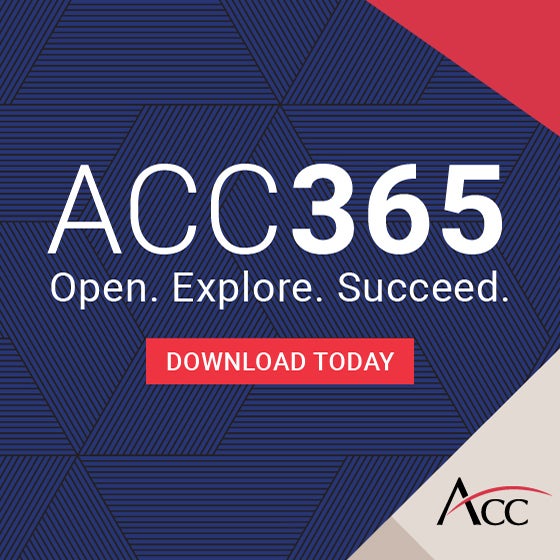November 14, 2024
Update from Gold Sponsor, Stone Pigman - Agreements in Advance Not to Disclose a Hostile Work Environment or Sexual Harassment are Unenforceable
A new Louisiana statute, effective August 1, 2024, invalidates nondisclosure agreements signed before hostile work environment or sexual harassment dispute arises. These agreements, which prevent employees from disclosing harassment-related issues, are unenforceable under the law. However, confidential settlement agreements made after a dispute is reported remain valid. Employers should review and possibly update their confidentiality agreements to ensure compliance.
Read more about the new Louisiana statute, its definitions of harassment, and how it impacts employers' confidentiality agreements.
July 25, 2024
Update from Gold Sponsor, Liskow & Lewis - Louisiana's Legislative Landscape: What's New in 2024?
As we hit the halfway point of 2024, Louisiana is poised for significant legislative changes impacting civil procedure and litigation, energy, government, and insurance, among other sectors.
Read more about important new legislation in effect or going into effect this year, as well as notable recent legislative efforts that failed or were vetoed by Governor Landry
June 5, 2024
Update from Gold Sponsor, Gordon Arata - FTC Issues Final Non-Compete Clause Rule Banning Noncompete Agreements Nationwide
On April 23, 2024, the Federal Trade Commission approved a rule banning non-compete agreements nationwide, effective 120 days after publication. This rule, targeting clauses that restrict workers from seeking new employment or starting businesses, applies broadly to various types of workers, including independent contractors and interns. Existing non-competes must be nullified with specific notice to affected workers, though exemptions exist for senior executives and in connection with the sale of a business. Legal challenges have already begun, questioning the FTC's authority and seeking to delay or overturn the rule.
Read more about the new FTC rule banning non-compete agreements, including its broad application to various workers, the exemptions for senior executives and in connection with the sale of a business, the legal challenges it faces, and the steps employers need to take to comply and protect their interests.
May 15, 2024
Update from Premier Chapter Sponsor, Fisher Phillips - Five Key Take-Aways from the EEOC's Recent Updates to Enforcement Guidance on Harassment in the Workplace
The Equal Employment Opportunity Commission (EEOC) recently updated its enforcement guidance on harassment in the workplace for the first time in 30 years to adapt existing standards to the modern workplace. Topics and clarifications cover protections for LGBTQ+ workers, pregnancy-related decisions and religious expression, as well as the possibility of virtual harassment in the aftermath of Covid-19 and the related increase in remote work and online communication.
Read more about the five biggest takeaways for employers and what employers may need to do now to update their harassment -prevention policies, procedures and training.
April 17, 2024
Update from Premier Chapter Sponsor, Ogletree Deakins - Monitor Employee Use of Personal Messaging Apps and Other Off-Chanel Electronic Communications Platforms
Federal regulators are increasingly targeting employers for employee's use of personal text messages or off-channel communications to discuss business, alleging it may violate recordkeeping rules. Given the widespread prevalence of employees' use of smartphones equipped with various text and communications apps or platforms and the increasing popularity of bring-your-own-device (BYOD) policies, there are growing compliance concerns that employees will use non-employer-controlled channels to discuss business.
Read more on recent enforcement actions, regulators' incentives for self-reporting of potential violations and next steps for employers to mitigate compliance concerns.
February 27, 2024
Update from Gold Chapter Sponsor, Jones Walker - Mediate Early and Sometimes Often
Jones Walker’s trade secrets, unfair competition, and non-competes team has launched its mediation services backed by years of litigation in this field and with a full understanding of the contentious nature of these disputes.
Managed properly, alternative dispute resolution (ADR) methods such as mediation can be a more efficient and cost-effective method of dispute resolution than litigation. ADR offers speed of resolution, lower expense, and greater subject matter experience than is found in overburdened court systems.
Moreover, for companies with business activities outside the United States, resorting to ADR rather than foreign legal systems can help ensure a more predictable method for resolving conflicts and obtaining enforceable awards.
Read more on Jones Walker’s mediation services and when to consider mediation alternatives to litigation.

